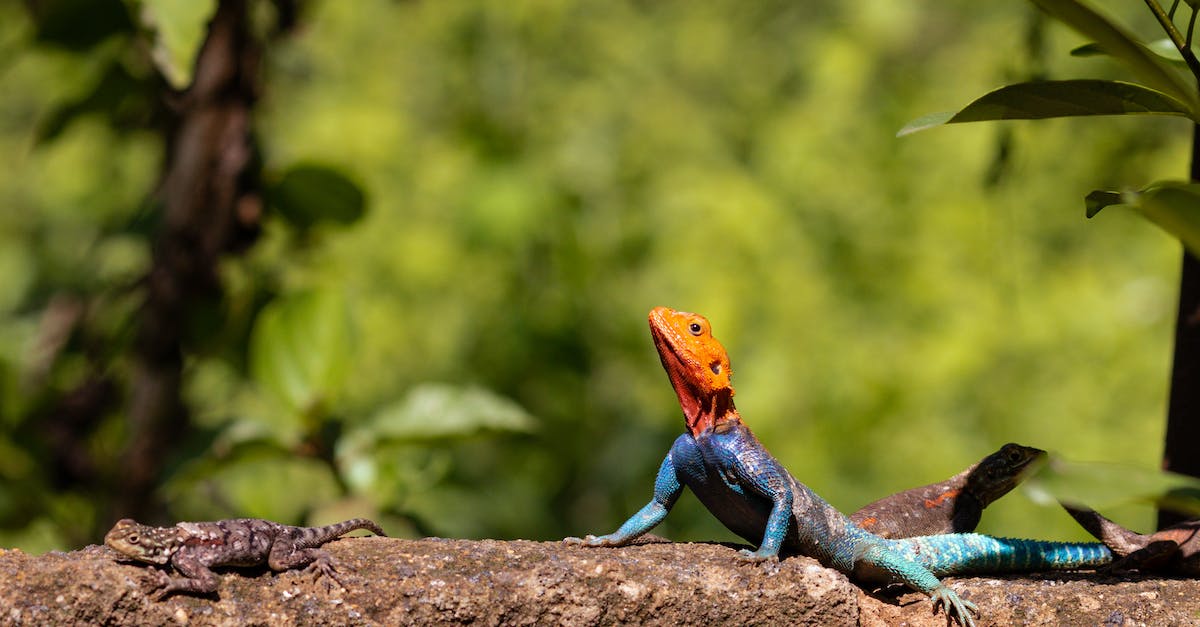Welcome to the wonderful world of reptiles! Looking after a reptile is a rewarding experience, but it is also important to make sure that you provide everything that your reptile needs to stay healthy and happy. Reptiles have a unique set of needs compared to other animals, so it is important to understand what they need in order to thrive. From the right diet and temperature to the right environment and habitat, this article will explain everything you need to know about providing the best care for your reptile.
Reptiles require specific temperatures to stay healthy and comfortable, and a temperature range that is too low or too high can cause them to become ill. They also require specific diets that vary from one species to another, and it is important to research the diet of the particular species you are caring for. In addition, reptiles need a clean and safe environment that is free of hazards and predators. They also need the right amount of humidity in order to thrive. Finally, it is important to provide a habitat that is large enough for your reptile to move around, with plenty of hiding places to feel secure.
Now that you know the basics of what your reptile needs to survive, it is time to get to work creating the perfect environment for your reptile companion! With the right knowledge and care, you can provide the best possible home for your reptile and ensure that they live a long and happy life.
Habitat
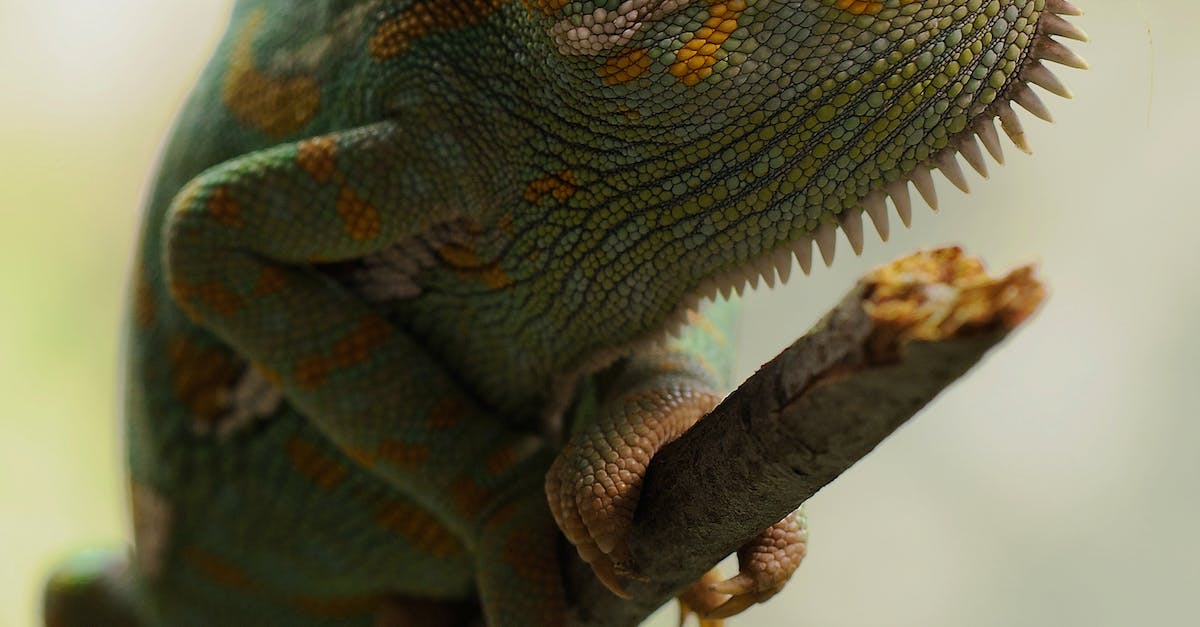
Habitat is a critical factor to consider when caring for reptiles. A suitable living environment is essential for the health and well-being of your reptile.
Reptiles need adequate space in their enclosure to move around, as well as humidity, temperature, and lighting that is appropriate for the species. Different species require different conditions, so make sure you do your research before investing in any reptile. For example, some reptiles need a warm and humid environment, while others need something cooler and dryer.
It’s important to provide adequate hiding places for your reptile. Hiding is a natural behavior for reptiles, and it’s important to create a safe and secure environment for them to feel comfortable and relaxed. A variety of hiding spots, such as rocks and branches, can also help stimulate their natural behavior.
Also, make sure you provide the right substrate for your reptile. This could be sand, soil, or bark, depending on the species. Providing the right substrate can help regulate humidity and temperature, as well as give your reptile something to dig into and hide in.
Finally, make sure the enclosure you provide is escape-proof. Reptiles are expert escape artists and can squeeze through very small spaces. Make sure all the doors and windows are secure and that there are no gaps or cracks.
-

Beaded Dragon Fan Exclusive: ‘Original Hipster’ T-Shirt – Wear Your Unique Style with Pride – Unisex t-shirt
£13.00 – £20.50 Select options This product has multiple variants. The options may be chosen on the product page -

Chinese Water Dragon Aquatic Mastery Tee: Dive into Elegance with Our Exclusive Reptile Enthusiast Shirt – Unisex t-shirt
£13.00 – £20.50 Select options This product has multiple variants. The options may be chosen on the product page
Diet
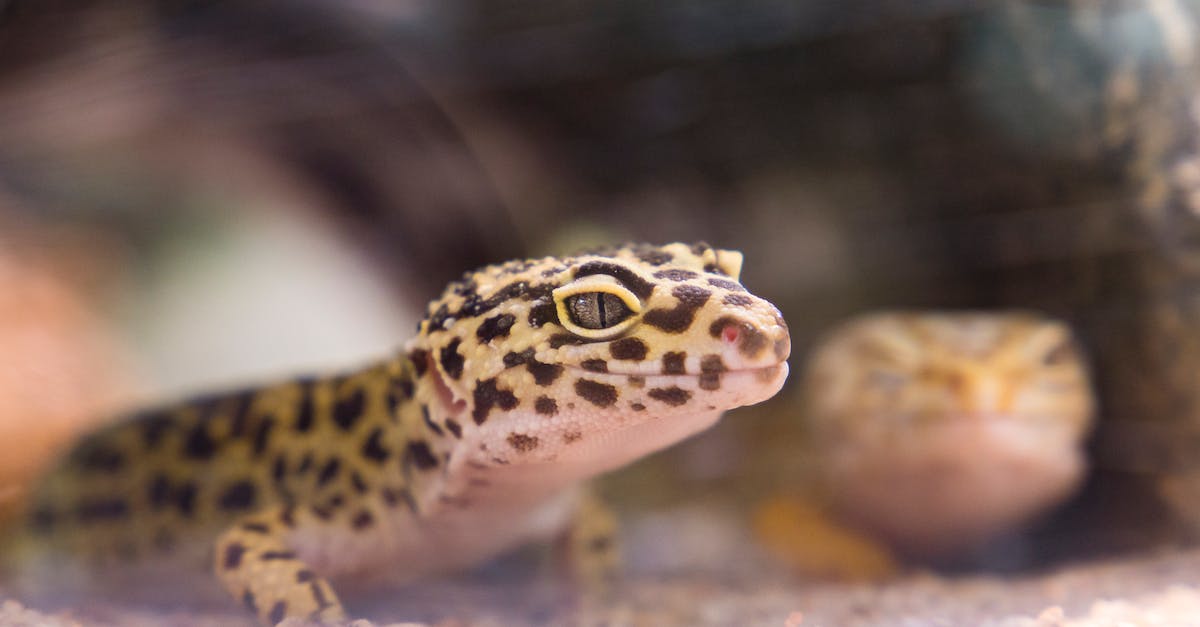
Reptiles have very specific dietary needs in order to stay healthy, so it’s important to make sure that you are providing your reptile with the right food.
- Insects: The majority of reptiles in captivity are insectivores, meaning they need to be fed a variety of insects. Different reptiles have different requirements, so you’ll need to research the type of reptile you have to determine which insects are most suitable. Crickets, mealworms, and waxworms are some of the more common insect choices.
- Fruits and Vegetables: Some reptiles also need to be fed fruits and vegetables. Depending on the species, you may also need to provide your reptile with a variety of vegetables, such as leafy greens, carrots, squash, and sweet potatoes. Fruits, such as apples and melons, can also be offered.
- Supplements: To ensure that your reptile is getting all of the nutrients they need, you may want to consider providing them with a calcium and vitamin supplement. These supplements are available in most pet stores and should be used in moderation.
- Live Prey: Some reptiles, such as lizards, prefer to eat live prey. If you decide to feed your reptile live prey, make sure that the prey is of the appropriate size and is free of parasites or disease.
Making sure that your reptile is getting the right diet is essential for its health and well-being. With the right diet, your reptile can live a long and happy life.
Temperature
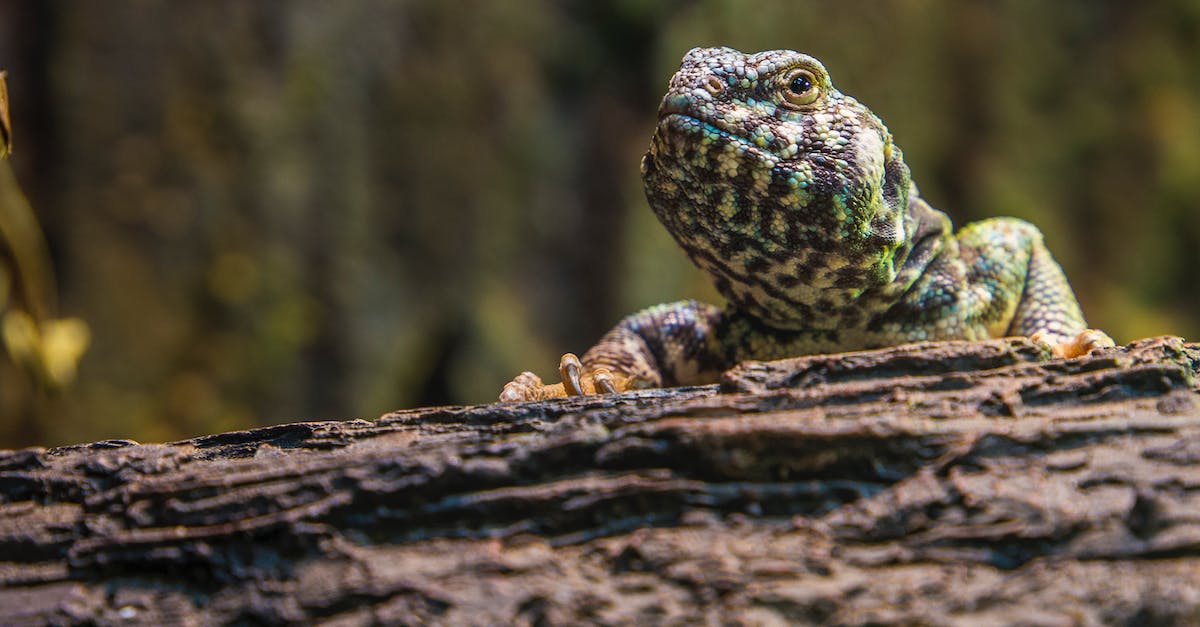
You may be wondering: why is temperature so important for reptiles? Well, the answer is simple; it’s one of the essential elements needed for reptiles to survive!
- Temperature affects digestion and metabolism. In cold temperatures, the reptile’s metabolism is slowed down, making it difficult for them to digest food and leading to illness. On the other hand, in warmer temperatures, their metabolism can speed up, leading to increased food consumption and healthier animals.
- Temperature also affects their behavior. In colder climates, reptiles can become sluggish and slow and may not move around much. In warmer climates, their activity level increases, and their behavior is more active.
- Temperature affects health too. In cold weather, reptiles are more prone to respiratory illnesses and infections. In warmer temperatures, they are less likely to develop these issues.
Overall, it’s important to provide your reptiles with the proper temperature conditions to keep them healthy and happy.
Humidity

Humidity is a crucial factor for reptile health. Reptiles need to bask in high humidity to absorb moisture through their skin. A low-humidity environment can lead to dehydration, increasing the risk of health problems such as skin infection and respiratory illness.
Reptiles need high humidity levels to stay hydrated. To achieve this, you can create a humidity chamber by misting their enclosure multiple times a day. You can also use a low-pressure fogger to produce a light mist in their enclosure. Additionally, you can place a damp hide in their enclosure to provide a humid area for them to hide in.
To monitor humidity levels in the enclosure, you should use a thermometer-hygrometer. This device will measure the temperature and humidity in your reptile’s enclosure. It’s important to make sure the humidity level stays constant and between 40 to 70 percent.
Finally, make sure to clean your reptile’s enclosure regularly. This will help maintain optimal humidity levels and keep your reptile healthy.
Lighting
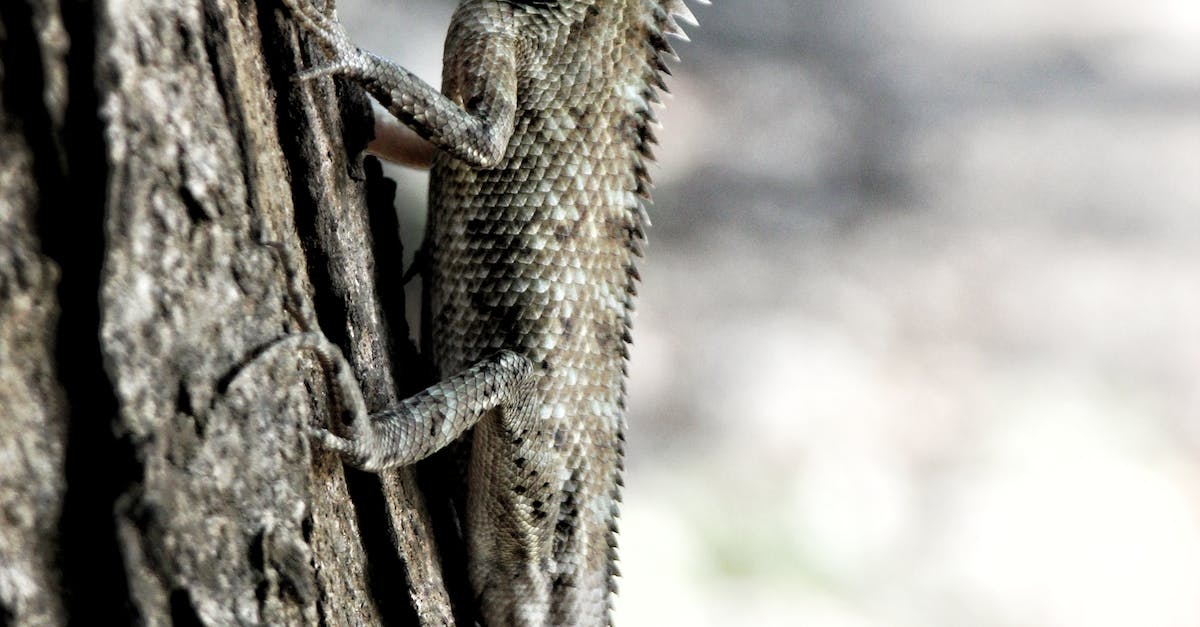
You may have noticed that reptiles come in all shapes and sizes, but one thing they all have in common is the need for good lighting. Whether it’s a gecko, a snake, or a turtle, reptiles need proper lighting to survive and thrive. So, let’s dive into the details of reptile lighting:
UVB Lighting
• UVB lights are essential for your reptile, as they help them create Vitamin D3, which is necessary for strong bones and healthy skin.
• Choose a bulb that’s suitable for the type of reptile you have. Different species need different levels of UVB light.
• Place the UVB bulb at the correct height: too close, and you could cause burns, too far away, and the reptile won’t get enough light.
• Change the bulb every 6 months, as the UVB output decreases over time.
Heat Lightning
• Reptiles require a temperature gradient in their environment, with a warm side and a cool side.
• Heat lights should be used to provide this gradient and should be placed correctly to ensure your reptile is comfortable.
• Use a thermometer to check the temperature of the basking area and the cooler side.
• You may need to adjust the wattage of the bulb to get the right temperatures.
Day/Night Cycle
• Reptiles need a cycle of light and dark to regulate their sleep and wake cycles.
• Make sure your reptile gets around 12 hours of light and 12 hours of darkness each day.
• Use a timer to ensure the lights are on and off at the right times.
Lighting Safety
• Reptiles can get burned by hot light bulbs, so make sure your bulbs are far enough away from their enclosure.
• Check the wattage of the bulb and make sure it’s appropriate for the size of the enclosure.
• Be sure to unplug the lights when you’re not around to avoid burns and other accidents.
Providing your reptile with the right lighting is key to their health and well-being. Take the time to get it right, and your reptile will thank you!
Health and Hygiene
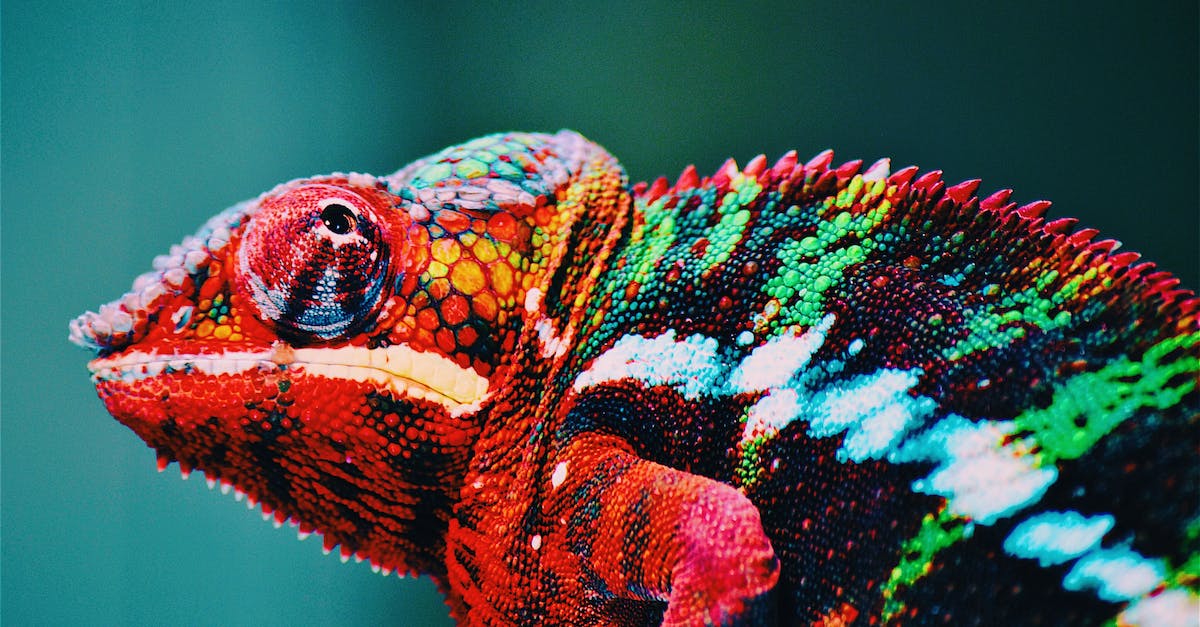
As a reptile owner, it is your responsibility to ensure your reptile’s health and hygiene are of the utmost importance. With the correct care, reptiles can live for many years and thrive in captivity. Here are some things to keep in mind when caring for your reptile:
- Provide a comfortable environment. Temperature, humidity, and lighting should be carefully monitored to ensure your reptile is receiving the correct environment for its species.
- Keep the enclosure clean. Reptiles are prone to various diseases, so it’s important to keep the enclosure clean and hygienic. This includes regular spot cleaning and monthly thorough cleaning.
- Provide the right diet. Different species of reptiles may require different diets, so it’s important to research the specific dietary requirements of your reptile.
- Provide adequate exercise. Reptiles need space to move around, so make sure their enclosure is large enough for them to exercise.
- Monitor your reptile. Observe your reptile regularly to check for any signs of illness, such as changes in appetite or behavior.
- Seek veterinary care. If your reptile appears to be ill, seek veterinary care as soon as possible.
By following these tips, you can ensure your reptile is healthy and happy for many years to come.
Interaction with Humans
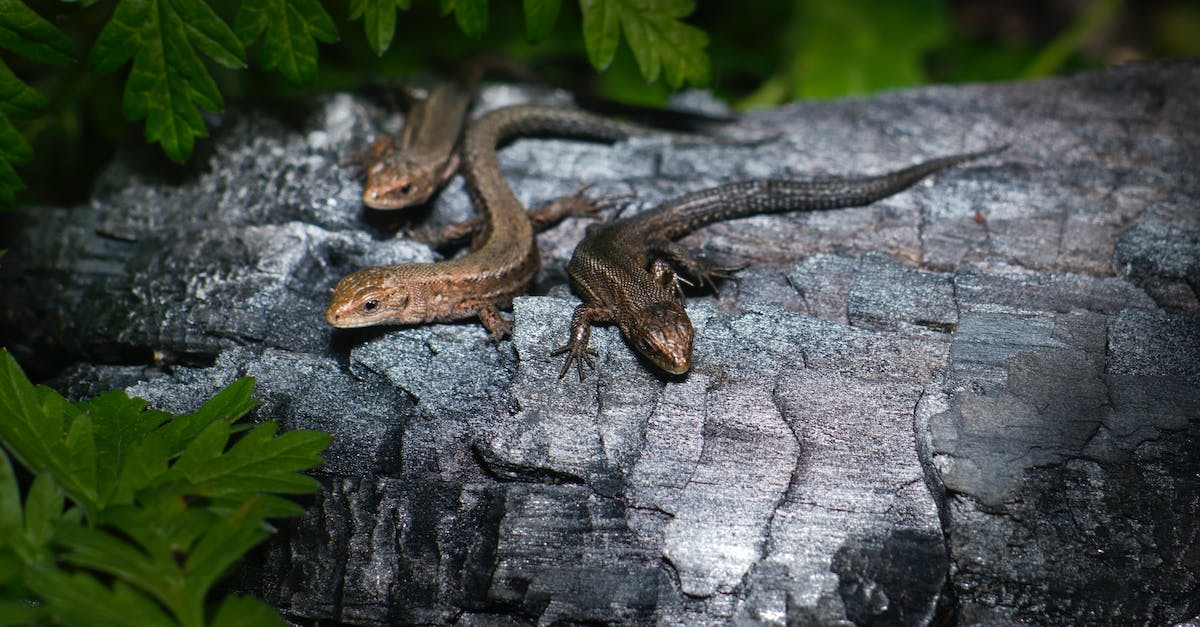
Humans have a special relationship with reptiles, as they are both fascinating and also a little bit intimidating. But, when it comes to reptiles, interaction with humans can be beneficial. Here are some tips on how to get the most out of your interaction with your reptile:
- Provide proper habitat: Ensure that you provide the correct temperature, humidity, and lighting for your reptile. This will ensure that it is comfortable and that it can thrive.
- Keep it clean: Regularly clean your reptile’s habitat, as this will help to keep it healthy and free from disease.
- Handle with care: Always use caution when handling your reptile, as it can easily be injured. Be gentle, and don’t handle it too often.
- Give it space: Reptiles need space to move around, so make sure to give them plenty of it.
- Don’t stress it out: Re-homing a reptile is stressful, so be sure to give it time to adjust. Don’t take it out of its habitat too often, as this can cause it to become stressed.
- Give it attention: Spend time with your reptile, as this will help it feel safe and secure. Give it plenty of affection, and don’t forget to talk to it.
- Respect it: Remember that your reptile is a living creature, so treat it with respect. Don’t forget to appreciate its beauty and uniqueness.
By following these tips, you can ensure that your reptile will be healthy and happy. So, go out there and get to know your reptile!
Conclusion
We’ve come to the end of this article and have covered the basic needs of reptiles to survive. Reptiles have been fascinating creatures for generations, and with the right care and attention, they can be a great and rewarding companion. From the right environment and food to proper hydration and health care, reptiles are complex creatures that need your special attention. With the right knowledge and care, these amazing creatures can be a rewarding addition to any household. So, if you’re looking for a new pet, look no further than the wonderful world of reptiles!
References:

